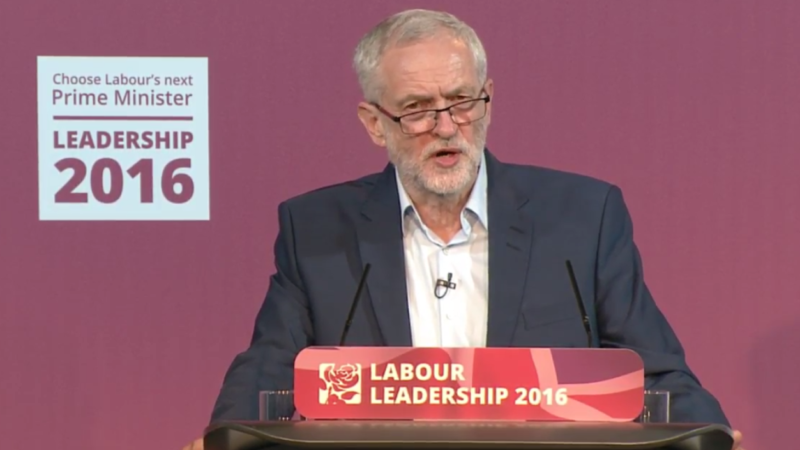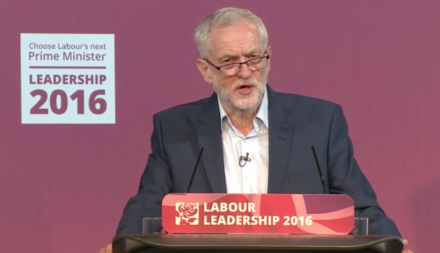

The revolution in Labour’s structures has begun – even if the walls have not yet been torn down. Of course, the changes made yesterday to the process for electing a Labour leader, forming the national executive committee (NEC) and tackling anti-Semitism were immediately recognised as huge but it will be some time yet before they play out in full.
As weary NEC members strolled out of their four hour-plus meeting yesterday, several pundits immediately described the changes as seismic. It is not wrong to see the reforms as immense.
They were a victory for Jeremy Corbyn and his supporters. And, if it is seems strange to say their impact has not yet been truly felt, then that is because it will only unfold when Corbyn steps down, whether after years happily running the country from Downing Street or amid the disappointment of a second election defeat.
The Labour leader went into Tuesday’s meeting aiming to boost his chances of being succeeded by someone from his own wing of the party. He was successful. Nothing is guaranteed in the turbulent world of the Labour Party but the odds of the next leader carrying the Corbyn flame have narrowed suddenly.
Two key measures entrench the position of left in the party. The long-planned compromise on the “McDonnell amendment”, in which the threshold for getting a place on the leadership ballot paper is cut from 15 to 10 per cent of MPs and MEPs, was passed as expected. In reality, a deal was probably done before the NEC officials entered the room. Shadow ministers like Chris Williamson, who want weaken the veto of parliamentarians in picking the leader, were no doubt delighted. At the other end of the party, Richard Angell, the director of Progress, was far from happy, however, describing the changes as a “factional power grab” and a “warped set of priorities”.
Which leads me on to the rest of the package. The agreement to increase the size of the NEC, adding three seats for members and one for trade unions (which is likely to be taken by Usdaw) might turn out to be the opposite of the changes to the process for leadership elections. It could be immediate – but not long-lasting.
In the short-term, the expansion of the NEC to 39 members appears to shift its balance towards the left. The member representatives will surely be strong supporters of Corbyn, if the landslide win for the left in the last week’s election for the conference arrangements committee is anything to go by.
Do not assume, however, that the political make-up of the NEC is permanent. Political loyalties shift and the identity of key office-holders can change suddenly.
What is perhaps more clear cut is the agreement to take tougher action on dealing with anti-Semitism and other forms of discrimination. This is something that should cheer all Labour members, as much as we might despair that it is necessary in the first place. The party needs to rebuild its relationship with the Jewish community, as I have written before, for reasons ranging from ethics to pure political pragmatism.
The motion yesterday, which was drafted by the Jewish Labour Movement, draws a line in the sand. As JLM pointed out last night, however, the constitutional change “will simply bring Labour’s rules to the place that should have been expected from a political party rooted in values of equality and anti-racism”. The reform was backed unanimously, sources said.
This, and the rest of the changes, are almost certain to be ratified at Labour conference next week. Having engineered these major reforms in the way it operates, the party must then get back to talking to the country at large.




More from LabourList
Reeves bets on patience over populism
‘Energy efficiency changes must work for older private renters’
‘Labour’s creative destruction dilemma’